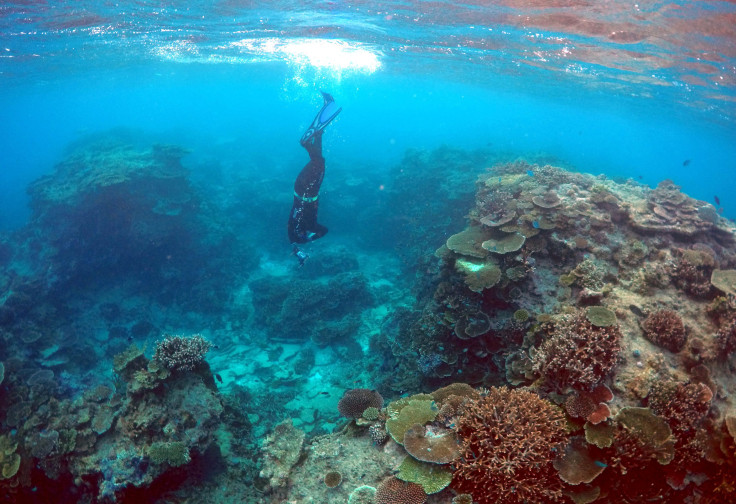Great Barrier Reef faces worst bleaching event caused by El Nino

Scientists from the University of Queensland warned that the Great Barrier Reef is in danger of being damaged in early 2016 due to widespread bleaching, which is a result of the El Nino event.
This will be the third recorded global bleaching event in history, according to the results of a study published by the University of Queensland and the US National Oceanic Atmospheric Administration, or NOAA.
“If conditions continue to worsen, the Great Barrier Reef is set to suffer from widespread coral bleaching and subsequent mortality, the most common effect of rising sea temperatures,” said Ove Hoegh-Guldberg, the university’s global change institute director, in a statement.
According to Hoegh-Guldberg, more than half the Great Barrier Reef experienced bleaching in the first major global event in 1998, with about five to 10 per cent of the corals dying. The reef was spared during this second global event in 2010 due to storm activity which alleviated the heat stress, but it may not be so lucky in 2016, Hoegh-Guldberg said.
Bleaching occurs as a result of warmer ocean temperatures, NOAA explains in its website. When water is too warm, corals will expel the algae living in their tissues, causing the coral to turn completely white. While corals can survive a bleaching event, they are under more stress and are subject to mortality.
The El Nino weather pattern in 1988 caused one of the world’s worst cases of coral bleaching. It was characterised by the weakening of trade winds over the Pacific Ocean that caused sea temperatures to rise, affecting the reefs of 60 tropical countries.
Predictions made by Hoegh-Guldberg and his colleagues support an earlier announcement of the United Nations’ World Meteorological Organisation, which warned that the present El Nino event could be among the strongest in 65 years. Climate experts expect that the weather phenomenon will reach its peak between October 2015 and January 2016.
Hoegh-Guldberg, in a research he conducted in 1999, predicted that mass coral bleaching events would become successively worse over time if the world failed to deal with rising atmospheric gases.
In the study, he analysed how the frequency and intensity of bleaching events will change over the next 100 years. The results suggested that the thermal tolerances of reef-building corals are likely to be exceeded every year within the next few decades. Events as severe as the 1998 event, the worst on record, are likely to become commonplace within 20 years, Hoegh-Guldberg noted in the study.
Contact the writer at feedback@ibtimes.com.au or tell us what you think below.





















